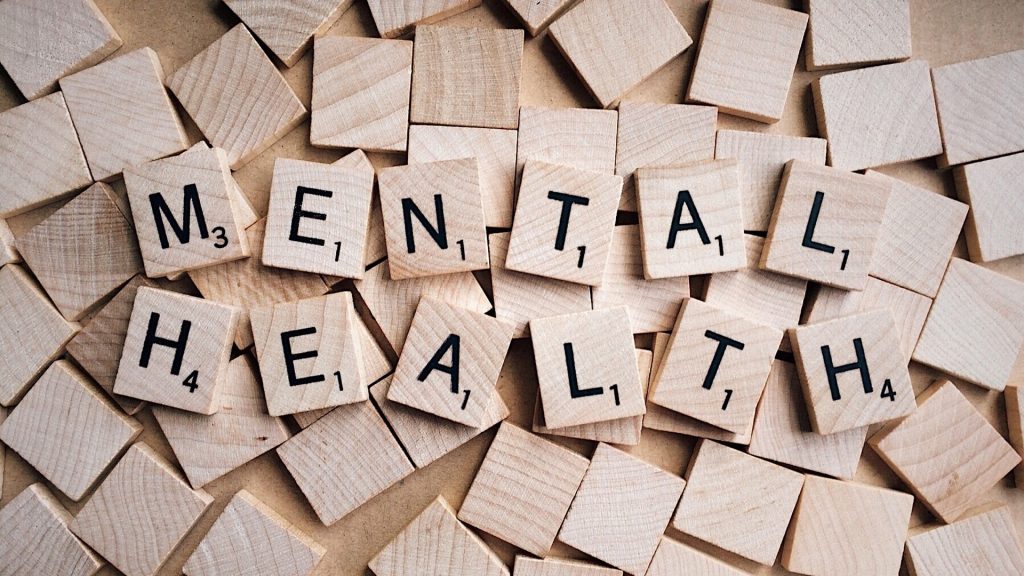
In today’s fast-paced world, the importance of mental and emotional well-being cannot be overstated. Understanding the importance of mental health and giving it a health priority is imperative. Far beyond the mere absence of mental illness, true well-being encompasses a state of thriving where individuals can realize their potential, cope with normal life stressors, work productively, and contribute meaningfully to their communities. This comprehensive guide explores the multifaceted nature of mental and emotional wellness, offering evidence-based strategies for cultivating balance and resilience as part of an exquisite everyday lifestyle.

Mental and emotional well-being are intrinsically linked components of overall health that function in constant dialogue with our physical condition. According to the World Health Organization, mental health is “a state of well-being in which an individual realizes his or her own abilities, can cope with the normal stresses of life, can work productively, and is able to make a contribution to his or her community.”
This holistic definition recognizes that emotional well-being isn’t simply about managing negative emotions but actively cultivating positive psychological states and meaningful connections. Research from the National Institute of Mental Health demonstrates that mental and emotional health significantly impact physical health outcomes, immune function, and longevity.
Recent advances in neuroscience have revolutionized our understanding of mental health. The brain’s neuroplasticity—its ability to form new neural connections throughout life—means that positive mental habits can literally reshape brain structure and function. A 2023 study published in the Journal of Positive Psychology found that consistent mindfulness practice over eight weeks produced measurable changes in brain regions associated with attention, emotion regulation, and self-awareness.
Psychological research further supports the profound impact of emotional intelligence on life satisfaction and success. Individuals with higher emotional intelligence typically demonstrate:
Self-awareness forms the foundation of emotional intelligence and well-being. This involves recognizing your emotions as they arise and understanding how they influence your thoughts and behaviors. According to the American Psychological Association, emotional regulation—the ability to manage and respond to emotional experiences in healthy ways—is strongly associated with better mental health outcomes.
Developing this skill requires practice in:
Resilience represents the capacity to recover from difficulties and adapt to change. Rather than an innate trait, resilience can be developed through specific practices and mindsets. The Harvard Center on the Developing Child identifies several key factors that promote resilience:
Human beings are inherently social creatures, and meaningful connection serves as a powerful protective factor for mental health. A landmark study published in the Journal of Health and Social Behavior found that individuals with stronger social connections had a 50% increased likelihood of survival compared to those with weaker social ties.
Nurturing healthy relationships involves:
The mind-body connection is bidirectional—physical health significantly influences mental well-being and vice versa. Research from the Mayo Clinic demonstrates that regular physical activity increases the production of endorphins, reduces stress hormones, and improves mood. Similarly, nutrition and sleep quality directly affect cognitive function, emotional regulation, and overall mental health.
Key physical health practices that support mental well-being include:
Mindfulness—the practice of bringing non-judgmental awareness to the present moment—has gained significant scientific validation for its mental health benefits. According to research from the University of Massachusetts Medical School’s Center for Mindfulness, regular mindfulness practice can reduce symptoms of anxiety and depression, improve attention and concentration, and enhance overall well-being.
Mindfulness can be cultivated through various practices:
Developing a tailored approach to mental well-being begins with honest self-assessment. Consider using validated assessment tools like the PERMA Profiler based on Martin Seligman’s well-being theory or the Mental Health Continuum to establish your baseline.
From there, implement specific strategies that address your unique needs and help create an exquisite everyday lifestyle:
Life inevitably presents transitions and challenges that test our emotional resilience. Whether facing career changes, relationship difficulties, health issues, or loss, specific approaches can help maintain stability:

While self-help strategies are valuable, professional support becomes essential in certain circumstances. According to the Australian government’s mental health My Gov website, warning signs that indicate the need for professional intervention include:
When seeking professional support, options include:
Research consistently shows that a sense of meaning and purpose significantly contributes to psychological well-being. Studies from the University of Pennsylvania’s Positive Psychology Center demonstrate that people who identify and pursue meaningful goals report higher life satisfaction and resilience.
Cultivating purpose involves:
Mental and emotional well-being doesn’t exist in isolation but is shaped by cultural, social, and environmental contexts. The Harvard Study of Adult Development, one of the longest-running studies on adult life, found that community connection and quality relationships were the strongest predictors of both happiness and physical health.
Important social determinants of mental health include:

Maintaining mental and emotional well-being requires consistency rather than perfection. Sustainable approaches recognize that well-being fluctuates naturally and focuses on developing adaptive responses to these variations. These practices form the foundation of an exquisite everyday lifestyle that prioritizes holistic health.
Key principles for sustainable well-being include:
Mental and emotional well-being represents an ongoing journey rather than a destination. By integrating evidence-based practices into daily life, cultivating self-awareness, and building meaningful connections, individuals can develop greater resilience and fulfillment even amid life’s challenges.
Remember that small, consistent actions often yield more significant results than dramatic but unsustainable changes. Begin with one or two practices that resonate most strongly with your current needs and gradually expand your well-being toolkit over time.
By prioritizing mental and emotional health with the same dedication typically given to physical fitness, you invest in your capacity for joy, resilience, and meaningful contribution to the world around you. This holistic approach to self-care forms the cornerstone of an exquisite everyday lifestyle—one where well-being permeates every aspect of your daily experience and allows you to live with greater intention, satisfaction, and purpose.